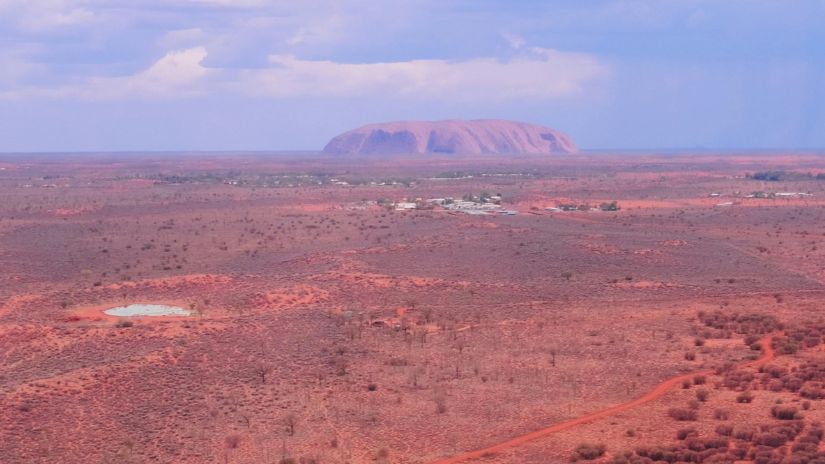- Whether you’re travelling the country or going abroad, you need to stay connected
- Mobile broadband great for travelling - as is international roaming
- Learn your options in our latest article

When it comes to travel, having an Internet connection might be as crucial as packing sunscreen or remembering your passport.
A fast and reliable broadband connection can be incredibly convenient, allowing you to check emails, stay connected with loved ones, research travel plans and accommodations on the fly, and share your adventures with friends on social media.
Remaining connected on the go can be a bit of a challenge and relying solely on hotel Wi-Fi might not cut it when you crave control over your Internet access. You aren’t likely to be spending all of your time cooped up in the hotel, either, so you need to learn the options you have to secure an Internet connection no matter where you are.
Mobile broadband
The most obvious solution to remain online when you are travelling from place to place is mobile broadband. A portable mobile broadband modem and connection offer a convenient choice for travel, particularly if you prefer not to drain your smartphone's battery by tethering.
To establish a mobile broadband connection, you'll need at least a data-only SIM card and a compatible device. This might entail inserting the SIM card into your iPad and using it as a hotspot, or more elaborately, purchasing a modem equipped with a SIM card slot.
Mobile broadband works via mobile phone towers, so whether you choose to travel within Australia or you go abroad, you’ll be able to get connected. A signal is broadcasted to mobile towers and then pinged back to you, so if you’re not online anywhere with a mobile tower - such as when you’re hiking or out in the sticks - the connection may be slow and there may be dropouts.
Generally, you'll find better reception in cities compared to rural areas. It's just part of the deal with mobile broadband's portability.
Another benefit of mobile broadband is its simplicity. Setup costs are typically low, or even non-existent (though some providers may charge for the necessary USB dongle depending on your plan).
There's virtually no wait time to get connected—you can grab a device in-store and be online the same evening, or order online or over the phone and have it delivered to your doorstep the next day.
Public Wi-Fi
Wherever you go now, you should be able to connect to a public Wi-Fi in supermarkets, hotels, restaurants and more. It’s not particularly helpful if you are out and exploring and you can’t connect, and you also have to consider the fact that you’ll need a VPN (virtual private network) so you can keep your data and information protected.
However, it’s still an option whenever you go back to your hotel in the evening or if you’re in a shopping centre and you need to search for something online. Just make sure you have that protection from a VPN.
Mobile data
Do you have a smartphone that you use the Internet with a lot? If you can access all of the things you need to access on your smartphone's data package, you might not want to bother getting a mobile broadband stick.
However, if it's important that you're able to use another device, like a laptop or tablet, you could use tethering to access your smartphone's data on another device.
When it comes to international travelling, you can switch on international roaming with your mobile phone provider. These usually charge a daily flat rate - for example, Optus is $5 per day - for you to access 5GB of 5G data in selected countries. It’s important to contact your provider to find out its costs to be certain.
Contact Compare Broadband
Want further help finding a connection suitable for you when you travel? Call us at Compare Broadband or chat to us online and we'll be happy to help you find the right plan to suit you personally, or to answer any further questions you have about using the Internet while travelling.


